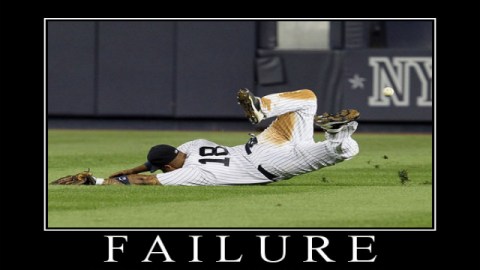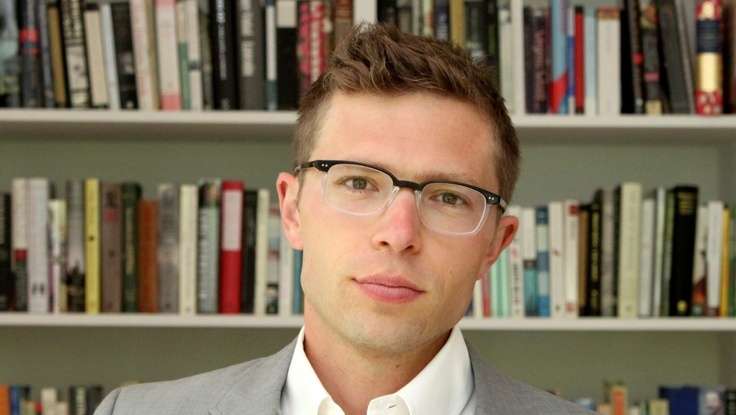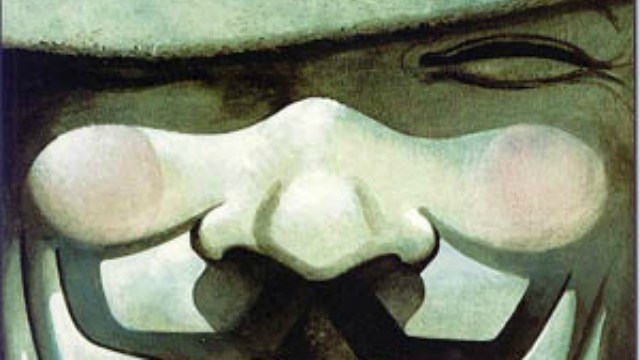Jonah Lehrer on Learning From Mistakes

“Being able to admit mistakes and learn from mistakes is a crucial part of success in every domain.”
– Jonah Lehrer
Jonah Lehrer made some big mistakes
Back in April last year, we interviewed popular-science writer Jonah Lehrer, then at the top of his game. His new book Imagine: How Creativity Works had just hit the shelves. Its inspiring subject matter (who doesn’t love creativity?) and brisk, anecdotal style were a sure-fire recipe for yet another mega-hit in the booming genre of ideas-as-pop-culture. Then, a few months later, it was revealed that Lehrer had distorted and invented a number of Bob Dylan quotes for the book, which its publishers recalled from shelves at enormous expense. Twitter and the press went wild and, piranha-like, shredded Lehrer’s reputation in a matter of hours. Not only was Lehrer a liar, we learned, he was also a relentless self-plagiarizer (recycling bits of his own articles), a plagiarizer of others, and a wholesale inventor of facts. As Boris Kachka put it in New York Magazine:
He was scrambling up the slippery slope to the TED-talk elite: authors and scientists for whom the book or the experiment is just part of a multimedia branding strategy. He was on a conveyor belt of blog posts, features, lectures, and inspirational books, serving an entrepreneurial public hungry for futurist fables, easy fixes, and scientific marvels in a world that often feels tangled, stagnant, and frustratingly familiar. He was less interested in wisdom than in seeming convincingly wise.
Soon after, Lehrer resigned his post as staff writer for the New Yorker, something former staff writer Dan Baum assures us nobody does voluntarily.
Video: Jonah Lehrer on Making Mistakes
We love to watch a downfall, but a resurrection’s even better.
As anyone who’s ever seen VH1’s Behind the Music knows, we love to watch a downfall, but a resurrection’s even better. Why? Because we see ourselves – with horror, fascination, and hope – in both narrative arcs.
In Lehrer’s case, the initial reactions were a mixture of nasty rubbernecking and amazement that this wunderkind could ruin his career with such an obviously suicidal blunder – putting words into the mouth of a man on whose every word obsessive fans hang, worldwide. That’s the fascination and the horror.
We haven’t yet seen the resurrection, nor have we heard much from Lehrer in the ensuing months, but anyone who’s still thinking about all this has entered the stage of sober reflection, and probably of empathy. Sure, Lehrer’s mistakes were epic, and are his responsibility alone to bear – but which of us, under the right circumstances, isn’t capable of royally screwing up our lives? And when that moment of reckoning comes, which of us would be able to find a way home again?
Lehrer – back when things were going his way – wrote extensively about mistakes as an essential part of creative work. In our interview, he talked about how Pixar has built failure into its creative process, producing twelve hit films (out of twelve) as a result.
What’s the Significance?
The moment of reckoning, when it comes, doesn’t have to be the end. Not for us, and not for Jonah. He may have been wrong about a lot of things, but he was right about this: few mistakes are so dire that they can’t also be learning opportunities – but only if we’re able to face them openly and critically, without self-flagellation or self-defense. It may even be the case that our most grievous errors, when they don’t kill us, have the greatest potential to change us for the better.
When you’re in the public glare as intensely as Jonah Lehrer has been, and when your mistakes involve deceiving that public, owning up to them fully might very well need to happen in public, too. It’s hard to say, really. We have precedents for this kind of thing in politics and rock music, but not so much in the world of the public intellectual, for whom truth-telling is supposed to be the price of entry. We expect politicians to lie to us, and rock stars generally get a pass for the kind of behavior we despise in Roman Emperors, but for the Malcolm Gladwell set, it’s the alchemy of credibility and good-old-fashioned showmanship that gets you the high-paying speaking gigs. Lose the credibility, and it might be time to pursue an honest career in fiction . . .
Like anyone who chooses to step onto the public stage, Jonah Lehrer isn’t just a guy – he’s also a metaphor. His is one narrative of our own aspirations. Specifically, it’s the story of what it means to be a public intellectual in the age of instant gratification. The moral of the story, which has yet to be written, will depend on Jonah’s next moves.
And whether or not we’re famous, this is true for all of us. We look to each other for examples of what’s possible. Of what’s acceptable. Of what constitutes a good life. Unless we live in a hermitage, our decisions affect other people. In this sense, it’s not the individual experiments – failed or otherwise – that matter. Nobody recalls the centuries of half-baked concoctions that led to the discovery of Penicillin.
Let’s not get confused here. Although mistakes can be powerful teachers, they can also have devastating consequences. I am not suggesting that anyone embark on a program of deliberate failure for the sake of personal growth. But if errors are inevitable in the pursuit of anything worthwhile, then our most important decisions are inevitably made in their aftermath.
Follow Jason Gots (@jgots) on Twitter




